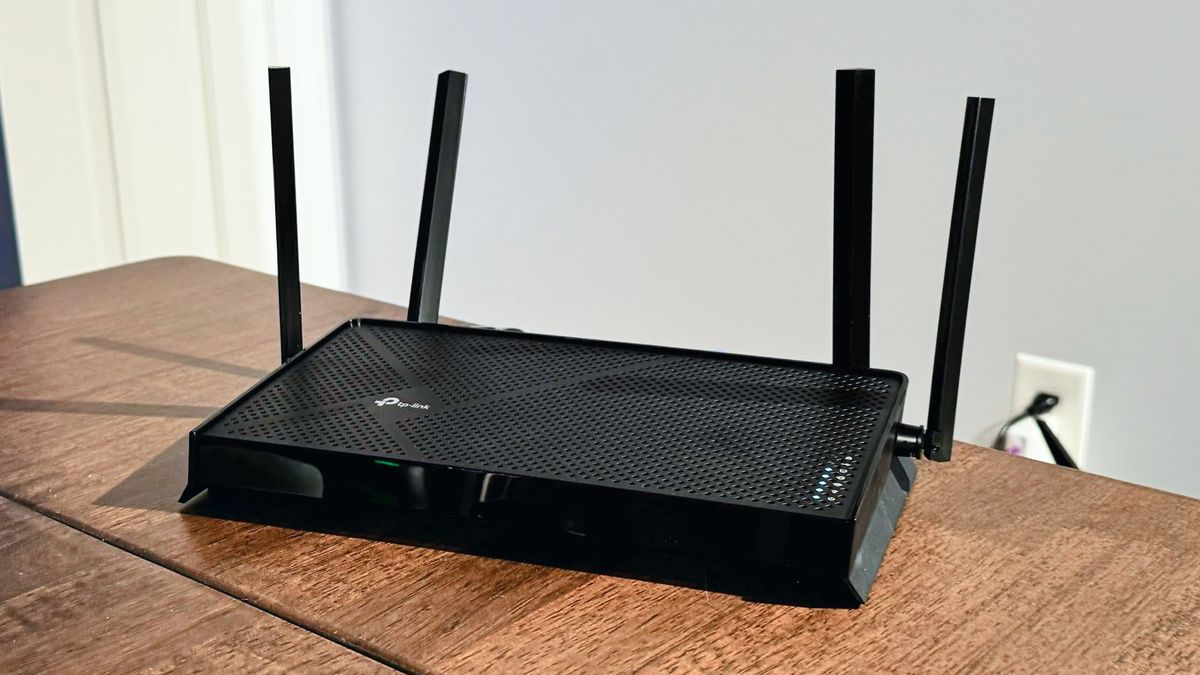Serving tech enthusiasts for over 25 years.
TechSpot means tech analysis and advice you can trust.
In a nutshell: Only 73 percent of Bolivians have access to the internet, which is notoriously spotty in the country. Many are taking matters into their own hands, smuggling in Starlink kits to tap into the service's blistering speeds.
In a world increasingly reliant on high-speed internet, Bolivia finds itself at a crossroads. The South American nation, known for its diverse landscapes and rich cultural heritage, is grappling with a significant technological challenge: providing reliable and fast internet access to its population of 12 million.
The issue came into sharp focus last month when American streamer Darren Jason Watkins Jr., better known as IShowSpeed, experienced severe connectivity issues during a livestream in Santa Cruz de la Sierra, Bolivia's largest city. "There's no internet in Bolivia," he declared to his 35 million followers, highlighting a problem that many Bolivians face daily.
Statistics paint a stark picture of Bolivia's digital divide. As of 2022, only 73 percent of Bolivians had internet access, lagging behind neighboring countries like Brazil and Chile, where over 80 percent and nearly 89 percent of the population are online, respectively. Moreover, Bolivia holds the dubious distinction of having the slowest internet speeds in Latin America.
The root of this issue lies in Bolivia's state-run internet infrastructure, which partially relies on the Chinese-built Túpac Katari 1 satellite. Launched in 2013 as part of a $300-million program funded largely by the China Development Bank, this geostationary satellite was intended to bridge the digital gap, especially in rural areas.

"The purpose of Túpac Katari 1 is clear," Iván Zambrana, director of the Bolivian Space Agency told Rest of World. "To provide communications to people who did not have communications in rural areas." However, the satellite's coverage is limited, with Zambrana estimating that only 10 percent of the national territory has mobile coverage, mostly concentrated in urban centers.
Faced with these limitations, many Bolivians have turned to alternative solutions, most notably Starlink, the satellite internet constellation operated by SpaceX. Despite being banned in Bolivia since August 2023, desperate citizens have resorted to smuggling Starlink kits across borders or purchasing them from sellers in neighboring countries where the service is legal.
Ricardo Guillén, a content creator from Santa Rosa in central Bolivia, acquired a Starlink kit from Peru. "Starlink's speed is incredible, and the word 'unlimited' means that we can work, download, upload without stopping," Guillén said, who celebrated his purchase with an unboxing video for his 61,000 followers.
He estimates that there are about 10,000 Starlink kits in use across Bolivia, serving various needs from remote work to managing livestock herds.
However, the Bolivian government maintains its stance on regulating internet providers. Néstor Ríos Rivero, executive director of Bolivia's Telecommunications and Transport Regulation and Oversight Authority (ATT), pointed to the law, noting that companies wishing to operate in Bolivia must comply with ATT regulatory standards, including obtaining licenses and permits.
But there are efforts to change this. Mariela Baldivieso, an independent lawmaker campaigning to regularize Starlink, argues that high-speed internet "is an essential foundation for the country's development and a priority that we cannot continue to postpone." But her efforts to seek explanations from regulators regarding the Starlink ban have yet to yield results.
As the Túpac Katari 1 satellite approaches the end of its operational life, expected around 2028-2030, Bolivia is exploring future options.
Zambrana revealed that talks have begun with other satellite internet providers, including Amazon's Project Kuiper and Canada's Telesat. Meanwhile, Ríos Rivero, a member of the Digital Innovation Board at the U.N.'s International Telecommunication Union, hints at potential changes, stating, "Currently, work is being done on updating regulations to enable Starlink and similar companies to enter the Bolivian market."









 English (US) ·
English (US) ·